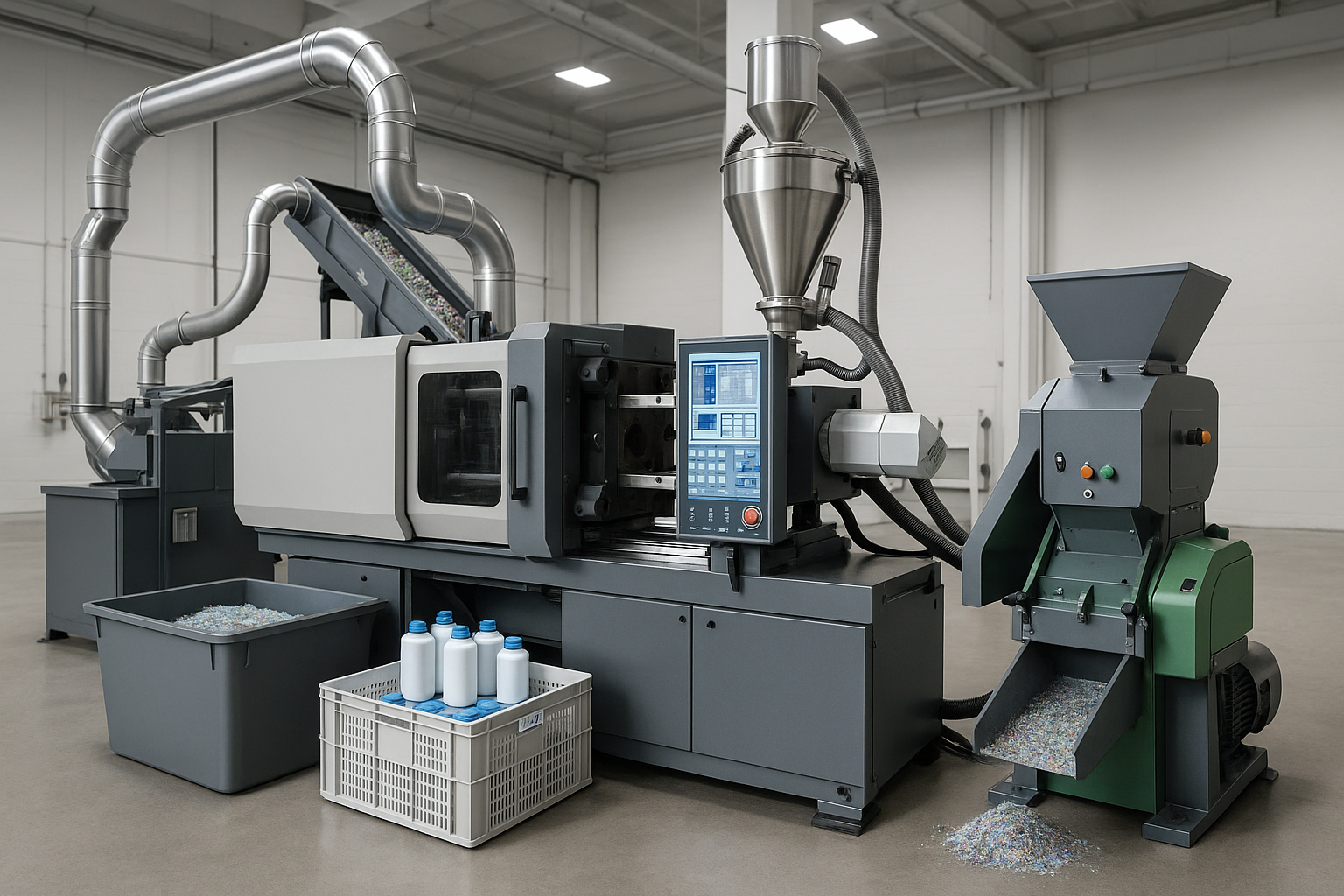2018 Plastic Production Secrets Revealed to Reduce Waste
If you're eager to discover how innovative 2018 plastic production secrets can dramatically reduce waste and help you make more sustainable choices, see these options to explore transformative strategies and solutions.

Understanding Plastic Production and Its Impact
Plastic production has been a cornerstone of modern manufacturing, but it comes with significant environmental costs. In 2018, global plastic production reached approximately 359 million tons1. This staggering number highlights the urgent need for strategies to minimize plastic waste and its impact on the environment. By understanding the intricacies of plastic production, you can better appreciate the opportunities to reduce waste and make informed choices.
Innovative Techniques to Reduce Plastic Waste
The year 2018 marked a pivotal moment in the quest for more sustainable plastic production methods. Companies began to innovate by using biodegradable plastics and developing more efficient recycling processes. Biodegradable plastics, made from renewable resources like corn starch, break down more easily in the environment, reducing the long-term waste footprint2. Additionally, advancements in recycling technologies have enabled the conversion of more types of plastic waste back into reusable materials, thereby closing the loop in the plastic lifecycle.
Economic and Environmental Benefits
Transitioning to sustainable plastic production not only benefits the environment but also offers economic advantages. Companies adopting these methods can reduce their raw material costs and waste management expenses. For instance, recycling plastics can cut production costs by up to 60% compared to using virgin materials3. Furthermore, businesses that prioritize sustainability often enjoy a competitive edge, as consumers increasingly prefer eco-friendly products.
Real-World Examples of Success
Several companies have successfully implemented strategies to reduce plastic waste. For example, Unilever pledged to halve its use of virgin plastic by 2025, aiming to achieve this through increased use of recycled materials and alternative packaging solutions4. Similarly, Coca-Cola has committed to making 100% of its packaging recyclable by 2025, further demonstrating the feasibility and benefits of these initiatives.
Exploring Further Opportunities
As you consider how to incorporate these sustainable practices into your life or business, numerous resources are available to guide your journey. From industry-specific solutions to consumer-focused products, the options are vast. By visiting websites dedicated to sustainability, you can find detailed case studies, expert advice, and innovative products that align with your goals. Whether you're a business leader or a conscious consumer, exploring these resources can provide the insights needed to make impactful changes.
The secrets of 2018 plastic production reveal a path toward reduced waste and enhanced sustainability. By embracing innovative techniques and exploring available options, you can contribute to a more sustainable future while enjoying economic and environmental benefits.